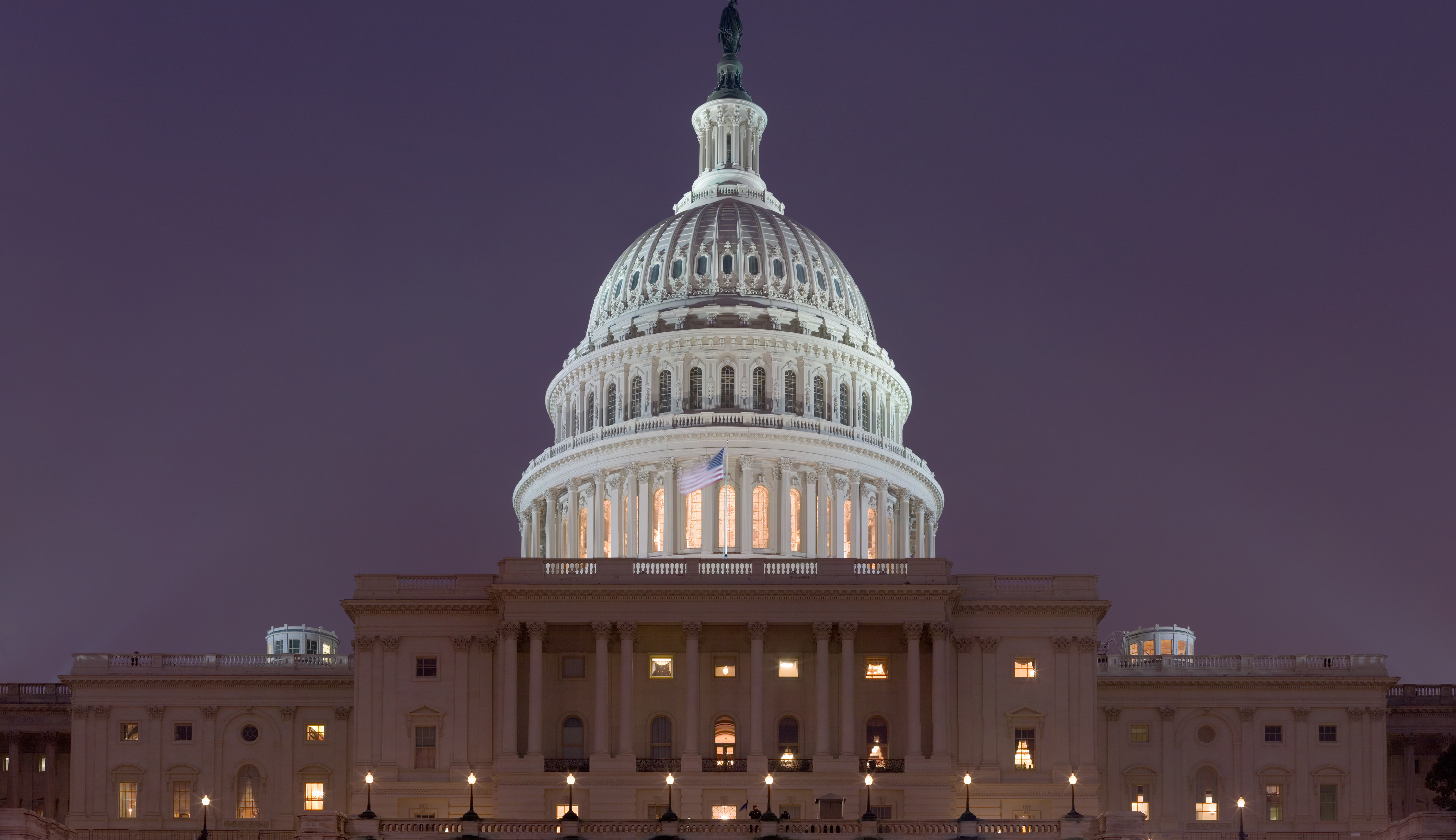The sequester, as you’ve probably heard, is happening March 1. What is the sequester? To use a (somewhat unfortunate) metaphor, the sequester is a gun to the head of Congress. The sequester is a package of across-the-board budget cuts, evenly affecting domestic and defense spending. An informative Washington Post article notes that the sequester takes a bite out of some spending – such as soldier benefits, weapon systems, unemployment, and Medicare – and exempts other programs – such as Social Security, Medicaid, welfare, and food stamps.
Congress put the gun there as part of a compromise back in August 2011 to raise the debt ceiling. The belief was that the sequester was so awful it would force Congress to craft a long-term budget deal that would reduce the debt. The Supercommittee, which included members from both parties and both houses of Congress, was tasked with creating this compromise. They failed. The sequester was suppose to take effect January 1, but Congress punted (sorry for mixing metaphors) the cuts until March 1 to avoid going over the fiscal cliff.
Usually when both parties agree something is bad policy, that policy is eliminated. Not in this case. And it’s important to remember that the sequester is not some maxim written in stone. A simple vote of Congress could throw away the gun forever. But this appears unlikely to happen.
Both sides are now spending more time trying to affix blame to each other, instead of negotiating a compromise. Polls indicate that Americans will place more blame on Republicans if the sequester occurs. As John Dickerson at Slate notes, Republicans are in the sticky position of trying to blame the president for the sequester, but also preparing themselves to defend the cuts if the gun goes off and the public blames the GOP.
I have some sympathy for obstinate Republican members of Congress. They truly believe that the federal debt is a burden holding back the American economy. The last several showdowns have resulted in little long-term debt reduction. President Obama has spent most of his airtime and political capital pushing for higher taxes on the rich.
But as David Brooks notes, Republicans are obsessed with discretionary spending, while they should focus on entitlement spending (Medicare, Medicaid, and Social Security). Paul Ryan’s budget did try to tackle entitlements to some extent. But then the Romney-Ryan campaign spent much of the campaign hammering Obama over the president’s cuts to Medicare, sending mixed signals about the importance they placed on entitlement reform. The fact is that entitlements are popular, seniors vote, and both parties are reluctant to tackle this large part of the budget.
Republicans love to blame the weak economy of the “uncertainty” caused by government regulations and Obama’s leadership. But this series of crises has caused more uncertainty than any regulation from the EPA or mandate of Obamacare. One of the president’s most effective lines in the State of the Union was that the “greatest nation on Earth cannot keep conducting its business by drifting from one manufactured crisis to the next.” The American people are weary, and these crises have failed to produce meaningful policy.
Republicans also love to tout the Simpson-Bowles Commission recommendations as the kind of serious policy that they say has been absent from the White House. But Simpson-Bowles includes tax increases, and Republicans show little willingness to include new taxes in any compromise. At the end of the day, Obama wants more taxes (along with spending cuts), Republicans just want spending cuts, and the guns seems likely to go off.
Democrats warn that the sequester will have disastrous consequences. The nonpartisan Congressional Budget Office forecasts that the cuts will slow the already tenuous recovery. Federal agencies are already girding themselves for the cuts: The Federal Aviation Administration warns about delays if they are forced to furlough air traffic controllers and other staff.
Mostly likely, the federal government and agencies will adapt without too much calamity if spending cuts occur. But the weak state of the economic means these manufactured crises could potentially have a much greater impact than if growth was strong. To return to the sports metaphor, the best thing for the country may be if Congress punted this showdown again until the recovery has taken hold. Sometimes the best policy, especially if no one can agree, is to do nothing.

I completely agree that this uncertainty is harmful and this sequester just shows how stupidly our congress approaches important policy decisions. But to act like the sequester, which returns spending to earlier, 2007-2009 levels will be disastrous or apocalyptic is, in my view, a little disingenuous. Only in Washington would lowering projected spending in a decade from a little over 6 trillion to almost exactly 6 trillion be considered a cut.